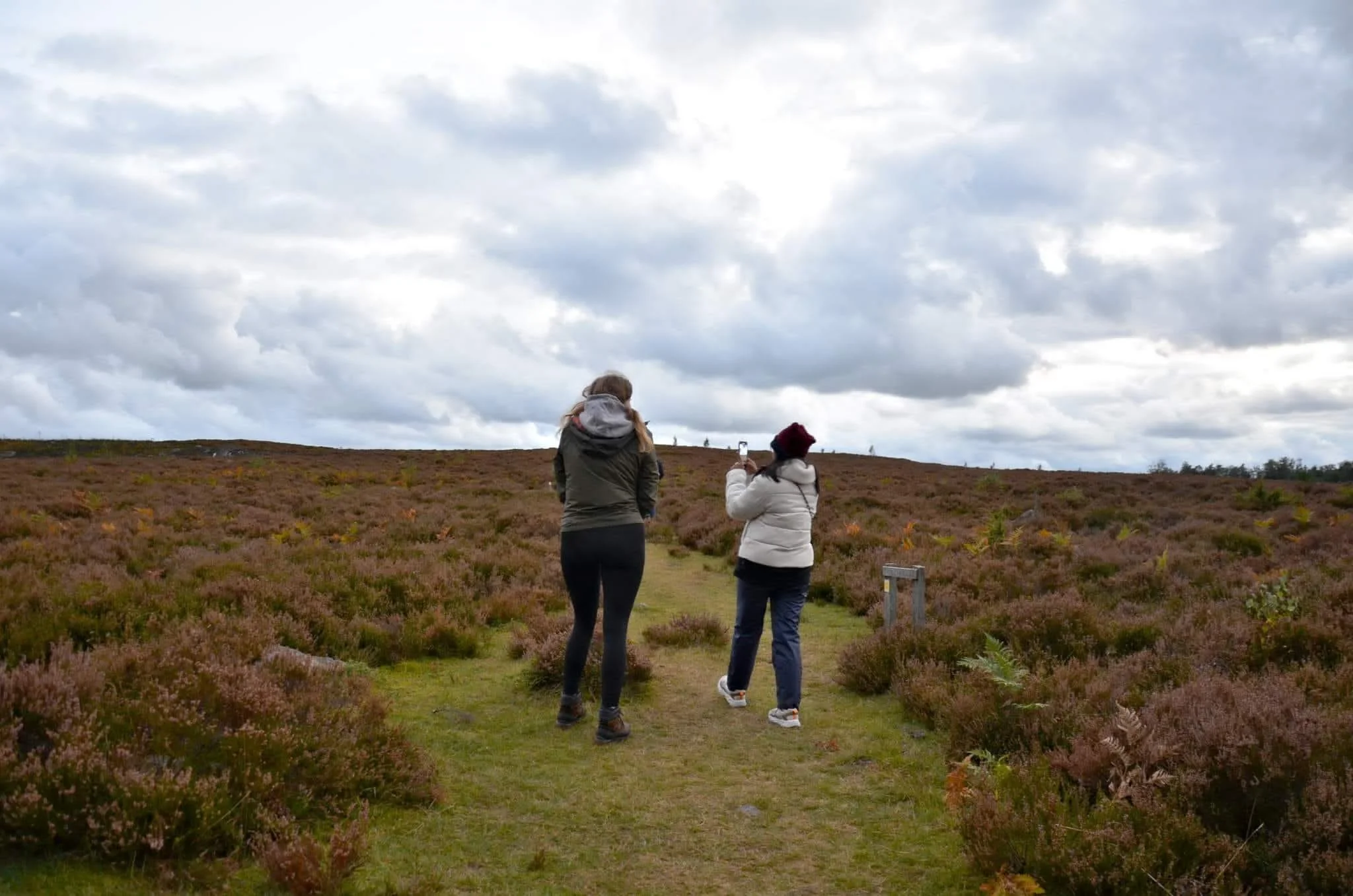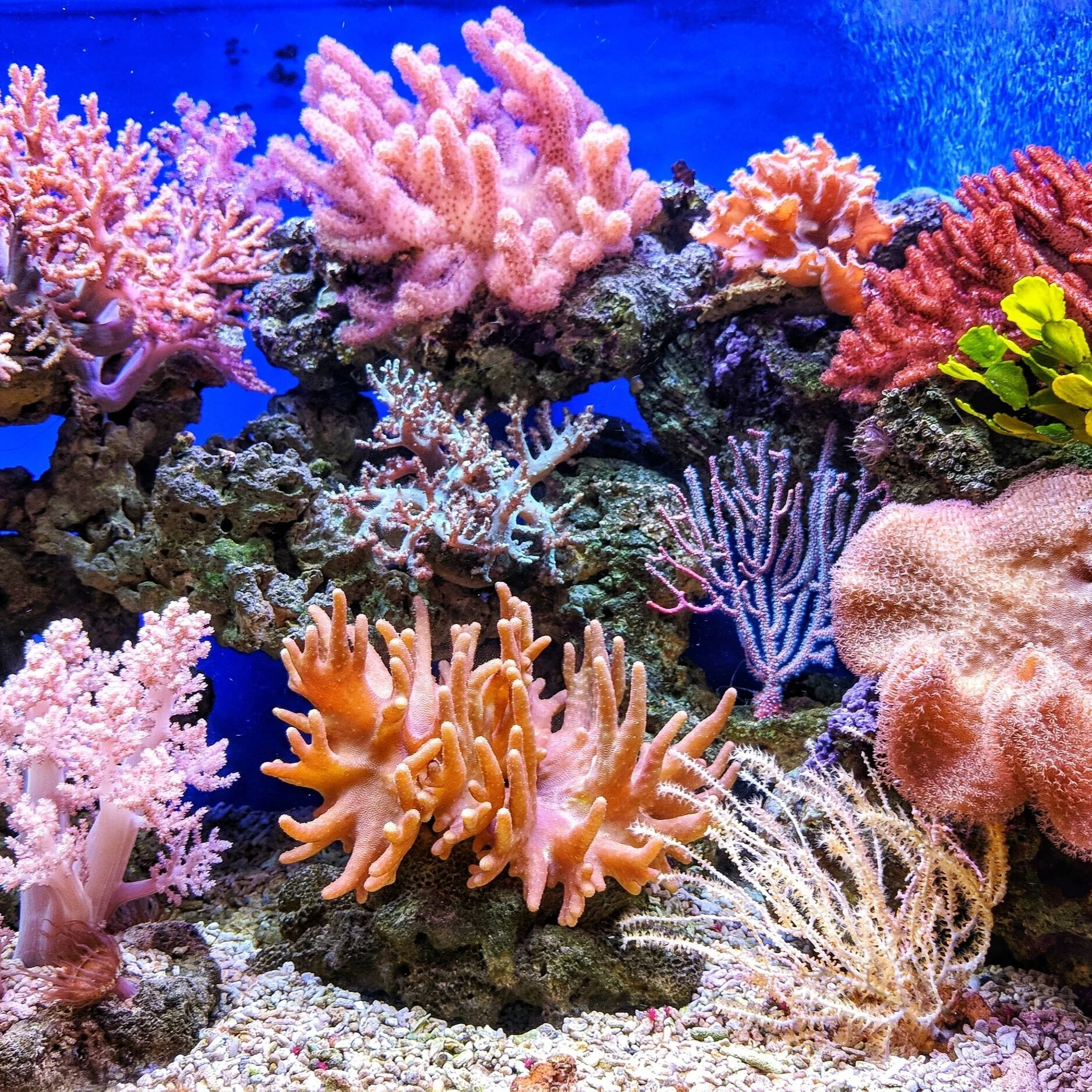Between April 5-16, 2021, we will be joining youth from across the world for two weeks of learning, storytelling, connecting and momentum building ahead of the IUCN World Conservation Congress. We have big plans and we hope you will join us!
Reflect with Us: State of Pollinators in Polluted Environments
Have you ever wondered what the fate of pollinators -mostly bees- is in polluted environments? Are bees really on the rise, or on a deep decline? What are the drivers, and what are the experiences like, for farmers who spent most time with these little friends? This is what we embarked on during our second webinar in the Pollinators for our Survival series. Gathered from…
Venezuela: environmental and human injustices – Arco Minero ecocide
“Despite these humanitarian and environmental atrocities, very few global organizations or activists have mobilized or campaigned to make these issues known within their circles. In the meantime, this huge area is being mined, and the great biodiversity and the indigenous people in this area are being impacted and the damage will be irreversible.”
The Double-Edged Nature of Land: A Practical Analysis of the IPCC's Special Report on Climate Change and Land
“[…] the IPCC’s SRCCL shines light on interlinked global challenges like climate adaptation and mitigation, desertification, land degradation and food security, whilst suggesting land-related actions/NBS that can mutually benefit all these areas. Whilst much of the current discussion misguidedly focuses on singular individual lifestyle changes, just like with the Special Report on 1.5C, we urgently need large-scale and context-dependent action that is participatory, inclusive, multi-sectoral, and actively considers ecological, social, economic, cultural and institutional factors.”









